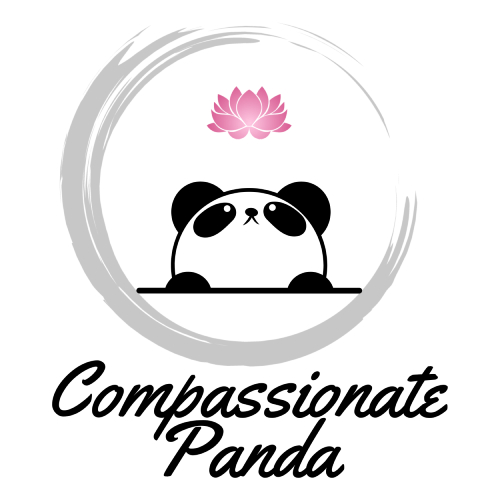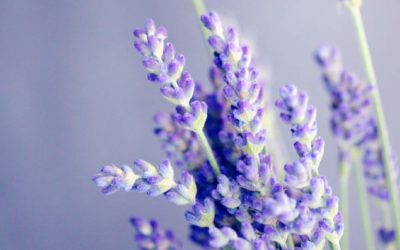Increased mental activity
This is one of the consequences of the modern world and the ever-evolving technological advances in communications. It’s typically driven by increased pressure to respond rapidly to every notification on our devices, a feeling of having to continuously multi-task in order to do so, and often a sense of overwhelm or overt worry and anxiety—all of this too often culminates in an inability to ‘switch off’ again after work, or perhaps at bedtime due to the mental cogs whirring.
Does this apply to you or someone you know?
Overthinking can be exhausting
This experience of perpetual mental ‘busy-ness’ is a common modern-day stressor and one that has physiological consequences. Despite the numerous emails, messages or other communications that, on the face of it, you may not be concerned about—the implicit expectation of a rapid response may be translated chemically in your body as short bursts of adrenaline, the same as would happen if you had received a threat. This can lead to your nervous system being in a state of ‘high alert’ or overstimulation, a condition not helped by also spending time scrolling through social apps or other media articles.
Whilst much of this is essentially self-inflicted (you could turn off notifications, only check emails twice a day, and delete social apps from your phone), and even when you are working through your emails and messages and feeling across it all—the pressure to think, problem-solve, and potentially stress about the volume and pace of modern life can become mentally tiring.
Some people experience anxiety as a result.
And, even if you are one of the people who can accept this situation as the ‘new normal’, you may still be more mind-‘full’ than you would like.
Turning the mental volume down creates space
You can liken this over-hyped mental state to an amplifier redlining; it’s ok to be that mentally active occasionally (with so many ‘excited’ brain cells), but it’s going to have negative effects remaining that way long term. The solution is to calm the mind, so everything feels less jarring and twitchy and you can focus once more. Whilst that is achieved over the longer term partially via better work-rest balance, in the interim you can also actively support your brains natural calming chemical ‘gamma amino-butyric acid’ or GABA.
How? You may be surprised to hear that natural medicines have a lot to offer here.
Indeed, there are several herbs that can help support GABA levels in the brain. As GABA is your brain calming neurotransmitter, this can result in a sense of increased mental ‘space’, allowing you to still get things done to a high standard, but worry a bit less about it all and thus feel more in control. I jokingly refer to these as the herbal ‘chill pills’, but mental stress is a serious topic, so having a non-pharmaceutical yet still frequently effective option is something I feel is worth sharing.
The best herbal formula is one personalised to each individual by a clinical naturopathic herbalist, as there is no single perfect ‘recipe’ suitable for everyone. That said, the following are some of my favourites based on what I have found to work really well. Always check with your health provider first though (and definitely if you are pregnant, or take any medications to avoid any adverse interactions), as although natural, these are potent medicines at a therapeutic dose and need to be respected as such when using.
My top four herbs to help create calm
- Passiflora incarnata – the alluringly named Passionflower is categorised by herbalists as an anxiolytic which, as its name suggests, can help reduce feelings of anxiety. This herb changes the amount of GABA in the brain and may also be used to assist with insomnia and some types of pain.
- Withania somnifera – also known by its Ayurvedic name ‘Ashwagandha’ or Indian ginseng, Withania is a calming adaptogenic herb. An adaptogen is something that increases mental and physical performance during times of stress via a number of mechanisms. In the case of Withania, one of its actions is to help lower the stress hormone cortisol. Withania is best used over time to help reduce feelings of stress, benefits of which will manifest in different ways for each person, though commonly by feeling calmer and, thus, more in control—and often with improved sleep patterns.
- Bacopa monnieri – commonly referred to as Bacopa, or sometimes Brahmi. Bacopa can be described as an anxiolytic herb that also supports brain function. This is one of my go-to herbs for people who cannot think straight when feeling anxious, or those needing a brain ‘tonic’ such as students and researchers, who typically need to stay calm and focused to get their work done.
- Lavendula angustifolia – some love it and some find the scent unwelcome, but the anxiety-reducing effects of Lavender cannot be ignored. As Lavender also has a carminative (intestinal gas relieving) action, it can be of additional benefit to those who experience a ‘nervous stomach’ when stressed. Whilst I use liquid extracts of herbs most commonly, as a tea this herb remains quite potent; but as the taste can be strong, I combine it with mint leaves for a soothing cup in the afternoon or evening to promote relaxation and help myself unwind.
Important things to know about anxiolytic herbs
- Anxiolytic herbs can have additive effects on one another; meaning herbs with the same actions will create a much stronger combination when used together. They will also add to the effects of, for example, alcohol (which is a sedative), so caution must be taken in these instances.
- Equally as important is to ensure that any herb you choose is precisely what it says on the label—I recommend you only use those labelled using their Latin binomials (like the name in italics given above) simply because the common names can vary. A good example is Brahmi as this is one of the common names for Bacopa monnieri but also sometimes used to describe Centella asiatica (Gotu kola), a completely different herb.
- One more thing: only use herbs obtained from reliable sources who run quality checks to avoid adulteration, and this may seem obvious but always use your herb in the way it is supposed to be used and at the correct dose—more is not necessarily better, as with all medicines.
If in any doubt, even once you’ve gotten the go-ahead from your health provider, I recommend you seek professional advice from a qualified herbalist about your choice of herbal medicine. They can answer any questions you may have and help you achieve that mental calm and space you are looking for safely and appropriately for your situation.
NB: The contents of the above article are opinion and for educational purposes only. They do not constitute medical advice. Always speak to your healthcare professional before using herbal medicines.
Feature image by Zack Minor on Unsplash




